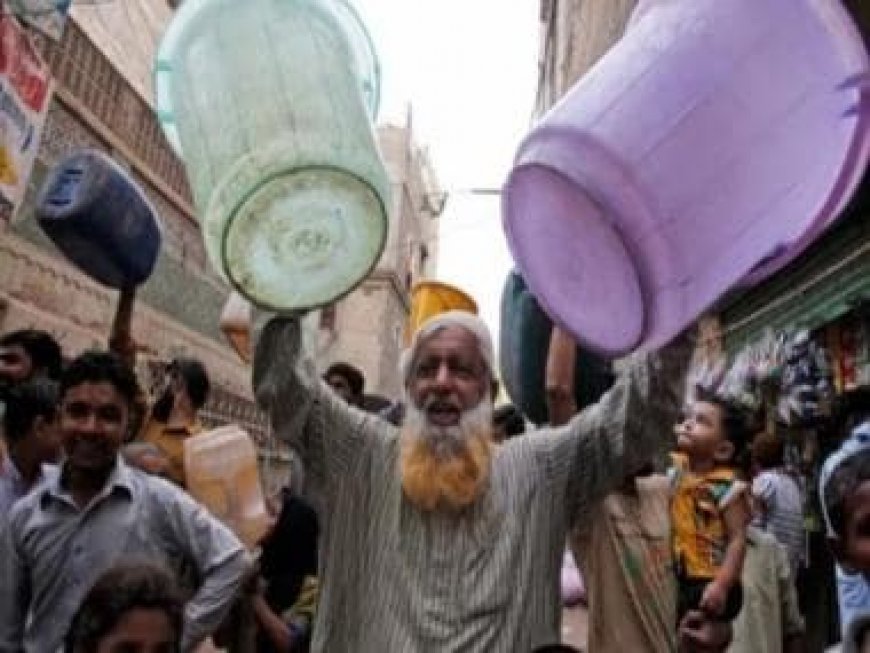Iran-Pakistan Conflict: Escalating tensions with Tehran fuel economic challenges further
Iran-Pakistan Conflict: Escalating tensions with Tehran fuel economic challenges further

Any further escalation in geopolitical tensions between Pakistan and its neighbouring country Iran on Thursday has had profound effects on Pakistan’s already ailing economy, roiling its dollar bonds and impacting the stock market.
Following Tehran’s announcement of an attack on the bases of a militant group within Pakistani territory, Pakistan retaliated with strikes inside Iran, specifically targeting separatist Baloch militants.
This confrontation with Iran unfolds against the backdrop of a severe economic crisis in Pakistan. The country’s $350 billion economy is grappling with high inflation, and substantial fiscal and current account deficits, and is currently navigating a challenging $3 billion International Monetary Fund (IMF) bailout program, which rescued it from the brink of default last summer.
Pakistan’s international bonds fell after its foreign ministry said it conducted strikes inside Iran on Thursday, two days after Tehran attacked the bases of another group within Pakistani territory.
The 2026 bond suffered some of the biggest declines at 0750 GMT, dropping 1.2 cents to trade at 71.125 cents in the dollar, data from Tradeweb showed.
Earlier in the day, Pakistan’s benchmark share index (.KSE), opens new tab fell 1.6% after Pakistan said it conducted strikes inside Iran, before recovering some ground.
Pakistan’s economic ties with Iran, while not huge, are important for Islamabad as it struggles to supply its westernmost regions in Balochistan with critical commodities, including fuel and electricity.
Iran provides electricity to many areas in Pakistan, and unofficially there is a lot of trade in commodities, including Liquified Petroleum Gas and Iranian diesel.
Last year in June, Pakistan passed a special order to allow barter trade with Iran, along with Afghanistan and Russia, for certain goods, including petroleum and natural gas.
“The bilateral trade, valued at over $2 billion, is crucial for both economies, especially regions like Balochistan in Pakistan, where the local economies are significantly dependent on trade with Iran, particularly for agricultural products and petrochemicals,” said Aneel Salman, chair economic security at Islamabad Policy Research Institute.
Salman said that interruption of trade routes would have immediate economic impacts, including shortages in Pakistan and a notable decrease in the critical $2 billion trade volume. He said the conflict could significantly impact long-term collaborative projects like the Pakistan-Iran gas pipeline, known as the Peace Pipeline.
The pipeline would transport natural gas from Iran to Pakistan and potentially India. Already delayed, it may now face further delays and funding challenges.
In August, Pakistan’s then-minister of state for petroleum said Pakistan was “actively engaged” with Iran to dissuade it from pursuing international arbitration over delays in the pipeline.
Pakistan has until March 2024 to negotiate a settlement with Iran to avoid legal battles. The two countries signed a five-year trade plan in August 2023 and set the bilateral trade target at $5 billion.
“On the surface, this episode should not be any more escalators than those precedents. But it is worth noting that this latest exchange is taking place as Pakistan is trying to improve relations with the US,” said Hasnain Malik, head of equity research at Tellimer.
With inputs from agencies.
What's Your Reaction?



























































